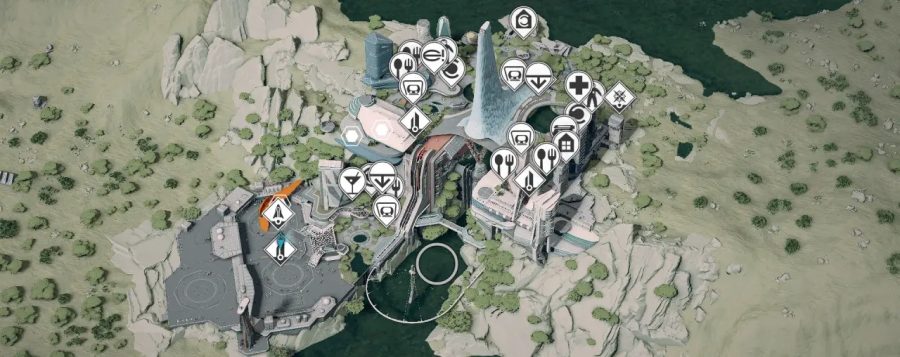Turn on the “No Vacancy” sign. The Internet has run out of room.

At a ceremony this morning in Florida, the last block of IPv4 addresses were allocated to the Regional Internet Registries, whose job it is to further distribute these final addresses to others.
Today’s announcement has been anticipated for quite some time, as the explosion of Internet-enabled devices and the growing number of Internet users has accelerated the demand for IP addresses.
IP or Internet Protocol addresses identify the devices that are connected to the Internet, enabling communication between computers and routing data to the right destination. There are a finite number of these addresses, which up till now have utilized 32-bit numbers, making 4.3 billion possible addresses available. As Vint Cerf – Google’s chief Internet evangelist, “the father of the Internet,” and the person responsible for choosing 32-bit numbers – said in an interview earlier this year, “Who the hell knew how much address space we needed?”
Fear not: There’s IPv6
Lest cries of “the Internet is running out of room!” sound like the uproad surrounding Y2K (“everything is going to break!”), average Internet customers don’t need to panic about today’s announcement. While the last block of IPv4 addresses have been allocated to regional registries, they do still have some to distribute. And there are millions of unused IPv4 addresses.
But those won’t last, and it’s now up to the Internet to make the switch from IPv4 to IPv6. IPv6 jumps from 32- to 128-bit, which will give an almost unlimited number of addresses.
The Difficult Transition
But making the switch isn’t easy. Even though IPv6 was standardized more than a decade ago, there has been no real incentive to upgrade networks’ compatibility – until now.
As Dave Thaler, software architect at Microsoft and Internet Engineer Task Force (IETF) co-chair, tells Ars Technica, “The IETF has actually been preparing for this day for a long time. … [W]e’ve developed transition technologies to ease the transition to IPv6, while also looking at the impact of carrier-grade NATs [network address translations]. In short, the depletion of the IANA IPv4 address pool is not a crisis, and will not have any notable short-term effects.”
But with the allocation of the last block of IPv4 addresses today, the move to IPv6 just got a little bit more urgent. To help make the transition easier, many major technology companies – including Facebook, Google, Microsoft and Yahoo – will be participating in World IPv6 Day later this year, a test to make sure their systems are ready to make the switch.









